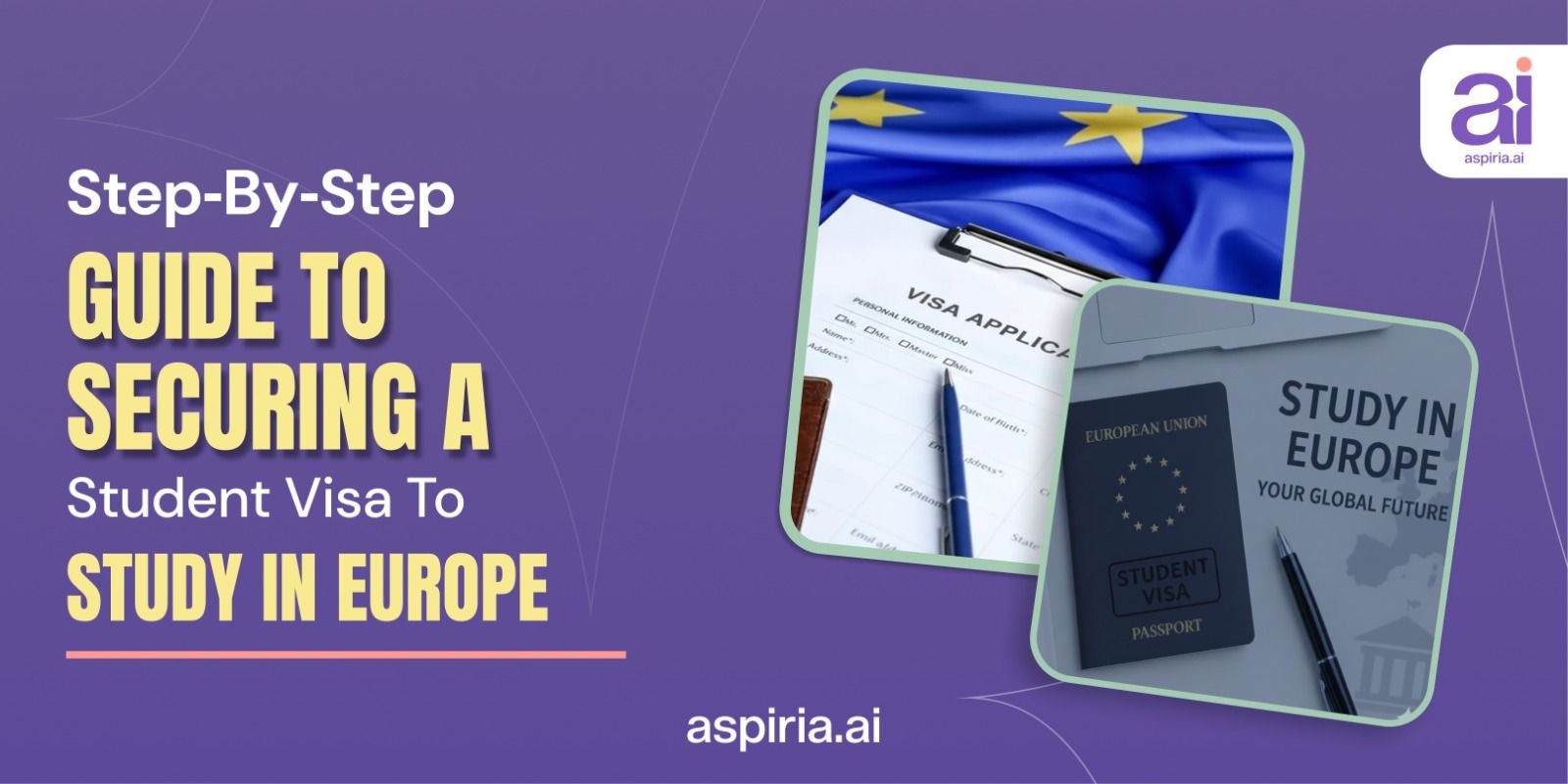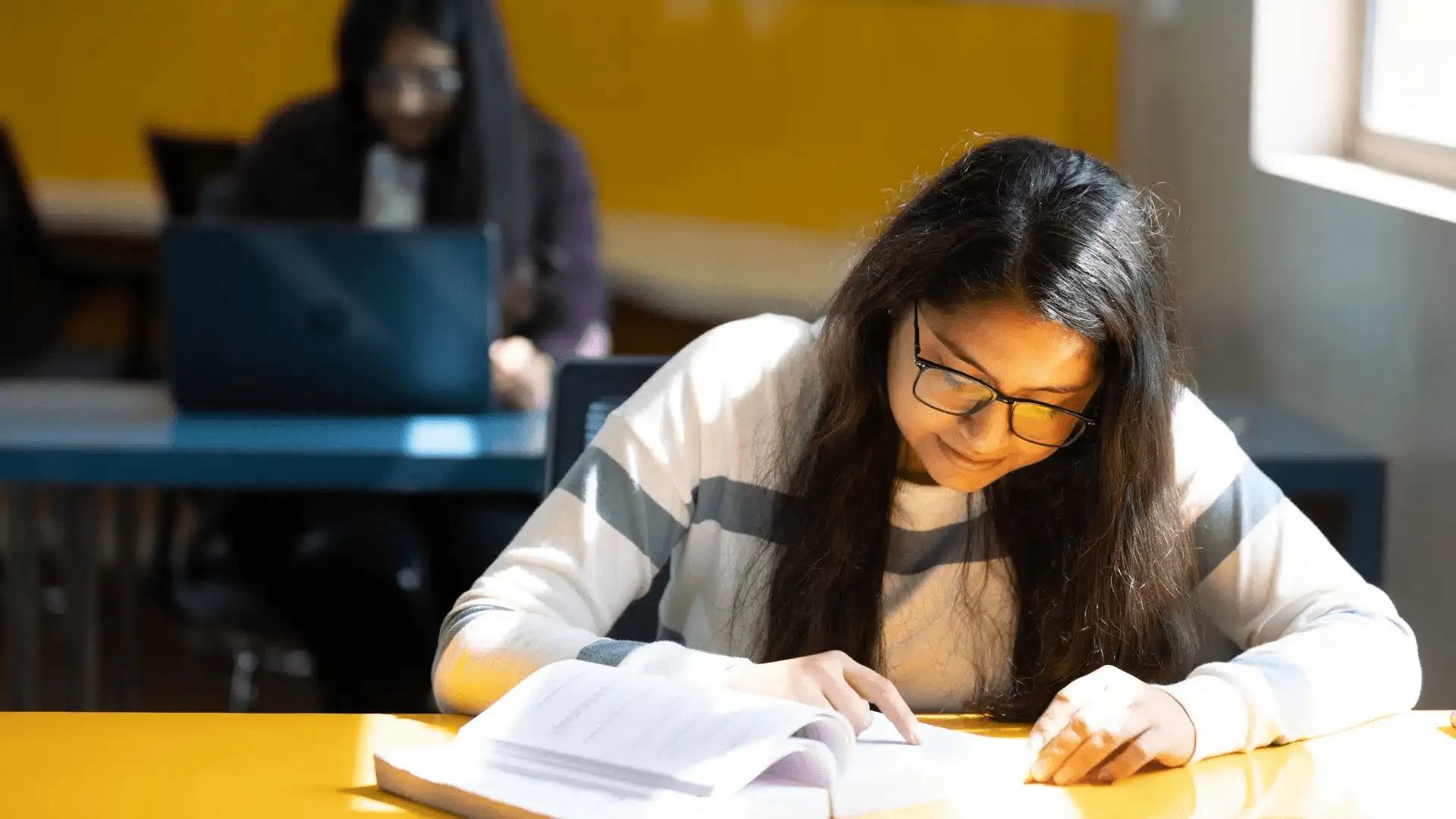Obtaining a visa is a crucial step in realising the dream of studying abroad for many students. In case you want to study in Europe, knowing the visa procedures from the very beginning will enable you to stay away from any kind of trouble. The journey will be way more simple and will cause less anxiety if you are guided by a seasoned Study in Europe Student Visa Consultant and supported by Study in Europe Consultants.
1. Choose the Country and the university.
- Decide which country you want to study in and confirm that the university allows international students.
- Have a look if the course is in English or in the local language.
- After getting your admission letter, you can move on to the visa stage.
2. Learn About Visa Type and General Conditions
Most European countries have similar visa processes, but each country's visa is different. As per the official instructions, students are recommended to take a “national” student visa if the study is for more than three months.
Some of the main features are:
- A passport in satisfactory condition (usually for at least six months).
- The university must provide an admission letter.
- Provision for your living and study expenses.
- You can prove that you have health insurance or are covered.
- Present the host or the place where you will be living.
3. Gather & Organize Your Documents
You can follow the checklist below to not lose track of what to do:
- An acceptance letter from the university is a must.
- Furthermore, a passport and a few recent photographs are mandatory
- Additionally, bank statements or a proof of funding document are a must.
- Moreover, a health insurance certificate is also a required document.
- A confirmation of accommodation is required.
- A completed visa application form.
- Any language test results (if required).
Working with Study in Europe Consultants can help you gather and organize all these neatly so you don’t miss any step.
4. Submit Visa Application & Attend Interview (if needed)
We highly recommend scheduling your visa appointment early at the embassy or visa centre.
Be prepared to explain why you chose the country, the course, and how you will fund it.
During a face-to-face meeting, remain composed and succinct when answering questions. Truthfulness and readiness are the qualities which, most of the time, set the difference.
Hold on for the verdict. Some visas might take a couple of months.
Guide to a Student Visa to Study in Europe
Start your application today!
5. Verify Arrival & Post-Visa Actions
If you have been granted a visa:
- Make sure about your travel and arrival plans.
- Sign up at your university and, if needed, at the local immigration office.
- Get your place ready for the stay and open a bank account.
- Get to know local regulations like working part-time, getting health services, and so on.
A Study in Europe Student Visa Consultant will often guide you even after visa approval so your arrival is smooth.
Why Using Consultants Makes a Difference
Consultants who specialise in European studies can help you:
- Choose the right country and course.
- Avoid mistakes in your visa application.
- Make sure to prepare your documents in the correct format.
- Meet deadlines and follow rules properly.
This support gives you confidence and saves time, especially when rules are new or tricky.
Final Words!
Obtaining a student visa to study in Europe involves a number of stages. One of the great things you can do is start the entire operation well in advance while keeping everything neat and orderly, as you will certainly need the right assistance along the way.
So, why not spend some time with a Study in Europe Student Visa Consultant or a Study in Europe Consultant who can help you get everything ready, and then you can be totally focused on your studies, discovering your new country and having fun with the great times ahead.



